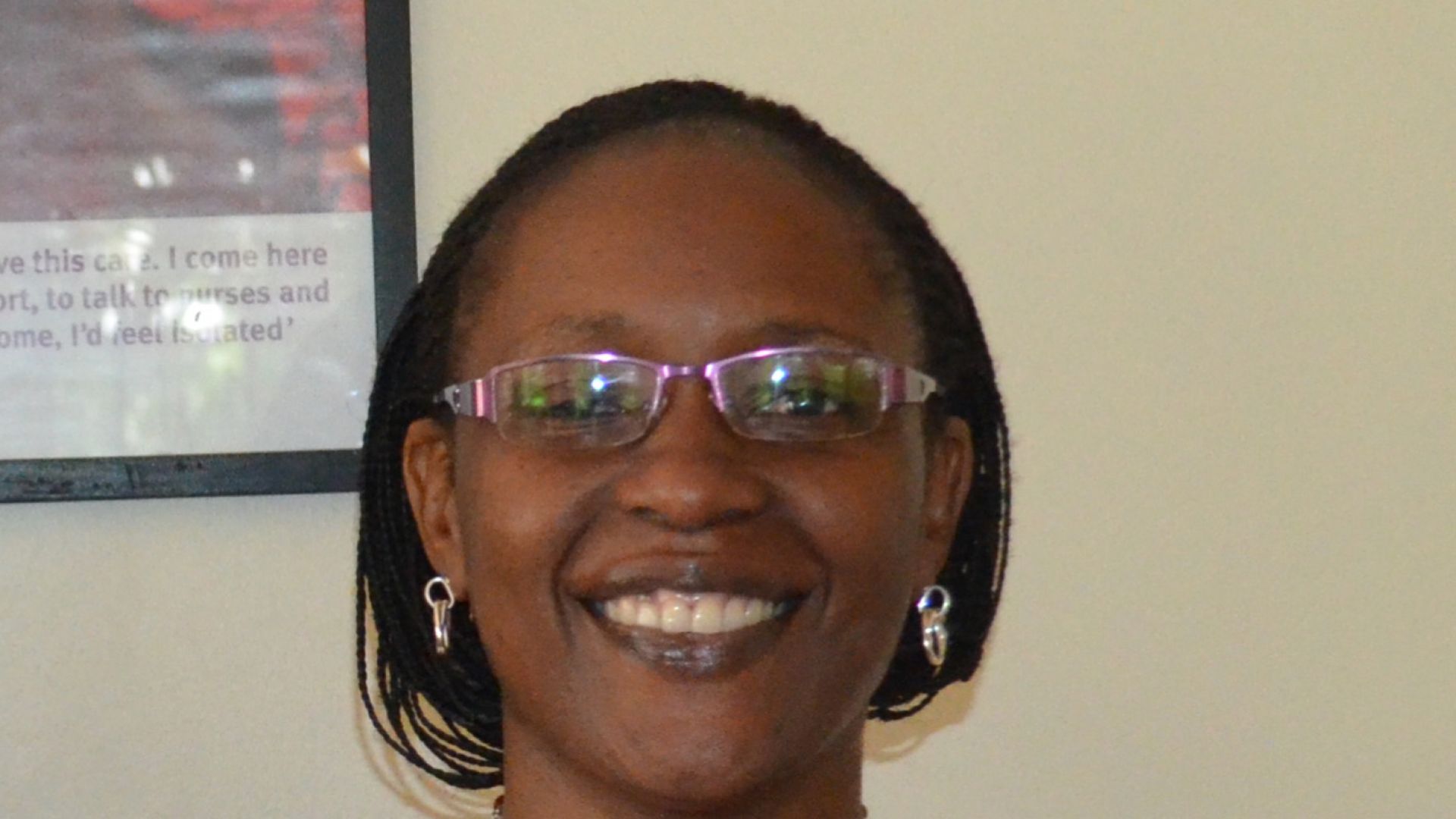
As part of our series to look at the stigma of palliative care in Africa, we interviewed Eve Namisango, PhD Fellow at Cicely Saunders Institute at King's College London and Research and Development Manager, African Palliative Care Association (APCA)
Research and Development Manager, African Palliative Care Association Uganda
GIPPEC: What inspired you to work in palliative care?
Namisango: My professional background is palliative care policy and rehabilitation and I also have a very strong passion for philosophy. I have always had a keen interest in knowing more about the “human SOUL” and how one finds meaning at the most fragile points in life. My search led to me the discovery that even at most fragile points in life to be more specific even at the “end of life” there is potential for growth. This is search led to undertake some research in terminally ill populations to identify domains of health outcomes that had the potential for growth despite disease progression, loss of function and disintegration of all other things that seemed to matter. My findings showed that existentialism mattered significantly at the end of life. I have since followed my passion to work more with palliative care patients and explore ways of supporting patients and their families to remain in control in all situations, to find the full potential, keep calm and keep growing.
GIPPEC: Recent research shows that there is a strong stigma/misguided belief attached to palliative care, with patients often linking it to death, dependency and hopelessness. Have you witnessed any stigma associated with palliative care in Uganda?
Namisango: Yes, I have witnessed a lot of stigma being associated with palliative care. Some people look at us as the “angles of death” but I want to challenge this misnomer. This image has been painted by the structure of our health systems, most of our patients are referred at the end of life. So indeed, they later pass on but I am so pleased to say that patients appreciate that the quality of death is always much better than it would have been. I will hasten to say that some patients do live longer because of palliative care, families have attested to this.
GIPPEC: What do you think needs to be done to remove the stigma associated with palliative care in Uganda?
Namisango: I think we should sensitize the population about what palliative care is and isn’t. Then we should also train and sensitize our health care providers about the need and value for early palliative care referrals. This will give us some a pool of palliative care beneficiaries and care providers, who can give testimony about the good outcomes associated with early palliative care and we must acknowledge that a good death is one of them, for situations where death is inevitable. Indeed, palliative care has a lot to offer for example effective symptom control, improving quality of life and survival.
GIPPEC: What are some of the notable developments recently in integrating palliative care into the public health system?
Namisango: Integrating palliative care into the public health systems increases access to the service. For example, in Uganda, palliative care can be accessed from any public hospital or health Centre IV. These facilities are closer to the masses one does not have to move long distances to access this care. This is also important for sustainability as it gets partially funded through the public finance system. It is also convenient for patients to have a one-stop Centre for all services.
Another notable development is the increase in sensitization and general awareness, more health workers in public health facilities have been trained within the mainstream and are able to provide palliative care to patients at no extra “cost”. This is a huge achievement.
GIPPEC: Which factor(s) do you see as the most important for expanding, improving, and integrating palliative care services (for example advocacy, education and training, policy, public engagement, etc.)?
Namisango: Uganda’s success story hinges on advocacy, education, training, supportive and response government/political environment and having very strong ambassadors of palliative care in positions that matter on the health political arena. It has been a blend of factors, our previous commissioner for Clinical Services was passionate about Palliative Care and created a favourable environment. We also have professor Anne Merriman who been a strong advocate and helped us push things to a greater level. We have also had enormous support from the international community, they have collaborated with us in training, research, advocacy, policy and public engagement. This contribution cannot be underestimated.